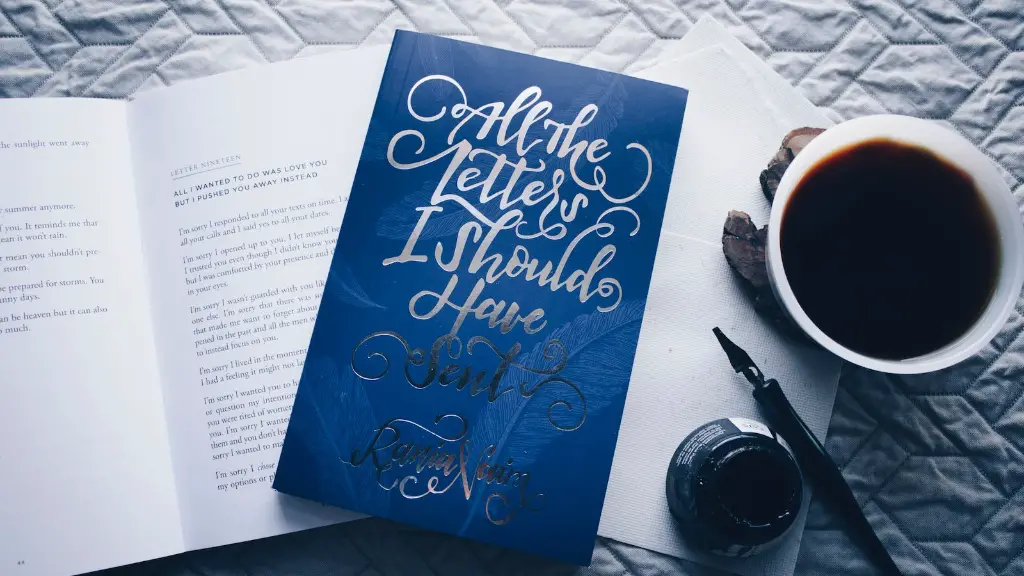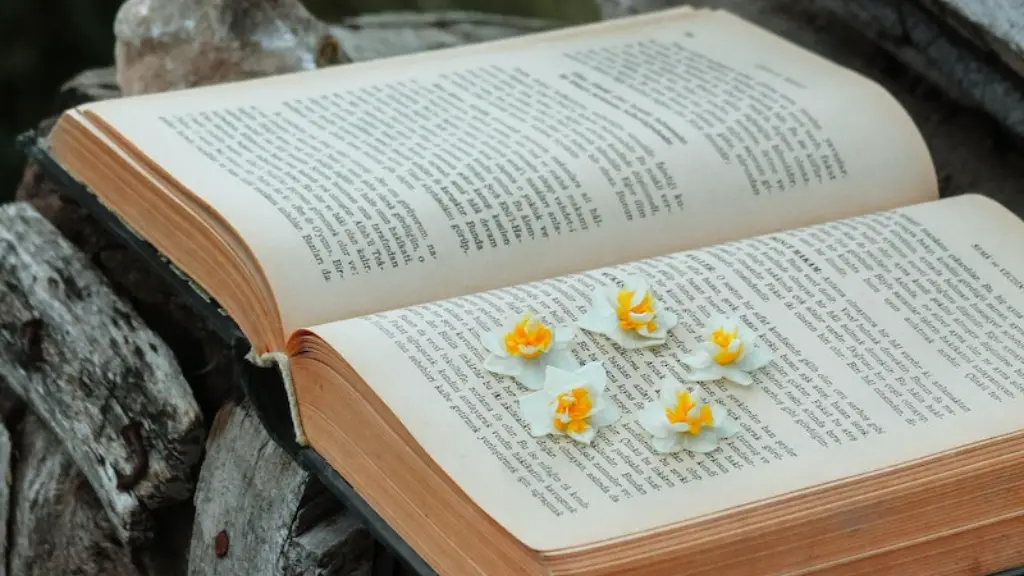What is Erotic Poetry?
Erotic poetry is a type of literature that expresses, discusses, and explores sexuality and physical intimacy in an emotionally and aesthetically dynamic way. What sets it apart from modern love and romance poetry is its explicitness and use of sexual and intimate language that is not often found in other genres. Erotic poetry has been around since the earliest days of written language, and has continued to evolve over the centuries.
Erotic poetry typically contains vivid imagery, passionate language, and powerful metaphors to drive its exploration of sexuality and intimacy. It can range from the romantic and playful to the graphic and explicit, with no holds barred. In many cases, the poet places themselves in the role of a lover, allowing them to bring the reader closer to their experience and to share intimate emotions and thoughts.
Erotic poetry often includes the use of figurative language, allegorical and mythical motifs, and references to historical and cultural contexts. This allows the poet to add layers of meaning and subtlety to the work, making it both compelling and provocative for the reader. The poet often engages with the reader, inviting them to participate in the experience as well.
At its heart, erotic poetry is a form of audience participation. It allows the reader to explore their own thoughts and feelings about sexuality and intimacy in a safe and creative way. It can help readers to become more confident with their own sexual and intimate desires, to open up to potential new experiences, and to understand themselves better.
Exploring Erotic Desires through Poetry
Erotic poetry invites the reader to explore their own desires, fantasies, and experiences in a safe and creative way. Through the poetic form, the intimate themes of the work can offer insight into what resonates with readers, and can open up a world of new possibilities.
Erotic poetry not only allows readers to explore their own desires, but also those of the poet. This sense of understanding and shared experience can be incredibly powerful and emotionally resonant. It can make people feel liberated and appreciated, even if they’re not yet in a relationship or have no plans to be in one anytime soon.
Erotic poetry is a great way to explore and play with one’s erotic desires, and when it is done well, it can be both subversive and captivating. It allows the poet and reader to delve into themes and language that is often far too taboo for everyday conversation, and to explore these forbidden topics with less fear of judgement.
The power and beauty of erotic poetry lies in its ability to bring together a shared experience of sexuality and intimacy between the poet and the reader. Through it, readers can explore their own desires, fantasies, and experiences in a safe and creative way.
Gender, Identity, and Erotic Poetry
Erotic poetry can also be used to explore gender and identity. By using language to express personal desires, it can help to shatter traditional gender roles and expectations.
It can allow readers to explore different aspects of their identities, both sexual and otherwise. It can help people to better understand their own desires and tastes, and can also help them to see and accept others’.
Erotic poetry can be a great way for people of all genders and sexual orientations to explore and connect with their own desires and identity, and to express and understand the desires of others. It can help to break down rigid ideas about gender and sexuality, expanding readers’ world view and deepening their empathy.
A Logical and Emotional Appeal
Erotic poetry is an effective form of communication and can be incredibly powerful. It allows the poet to express their desires and fantasies in a structured and logical way while also allowing readers to make emotional connections.
The logical side of the poetry allows readers to better understand and internalize what they’re reading without getting bogged down in the emotion. At the same time, the emotional side allows them to deeply experience the poem. This combination can create an intense experience for both the poet and reader.
Erotic poetry can be a cathartic experience for both the poet and the reader. It allows them to explore the depths of their emotions, their identities, and their desires in a safe and creative way.
Finding an Audience for Erotic Poetry
In the past, erotic poetry often had to be shared in underground circles and whispered in secretive conversations. Today, there are many different outlets for erotic poets, from physical and digital magazines to open mic nights and salons.
This makes it easier for poets to get their work out into the world, and it has helped to expand the audience of erotic poetry. It has also made it possible for poets to build a fan base, to share their work with like-minded people, and to engage with readers in meaningful and fulfilling ways.
The Evolution of Erotic Poetry
Erotic poetry has come a long way since its beginnings in ancient times. It has continuously evolved and changed, taking different forms and reaching new audiences.
Today, it is more common and accepted than ever before, and many poets are unafraid to express their desires and explore their own and others’ sexuality in their work. Erotic poetry has become one of the most powerful and vibrant genres of literature, and one of the most meaningful and intimate connections between poet and reader.
Exploring the Power of Erotic Poetry
Erotic poetry has the power to bridge gaps between poet and reader, to break societal taboos and rigid concepts of gender, and to explore the depths of one’s desires and fantasies in a safe and creative way. Through the connection between poet and reader, it can bring about a mutual understanding and appreciation of sexuality and intimacy.
Erotic poetry is a powerful form of communication, and it has the potential to create moments of profound connection and understanding between poet and reader. It can help to open up new perspectives and to break down barriers, and its potential to create empathy and understanding should not be underestimated.

